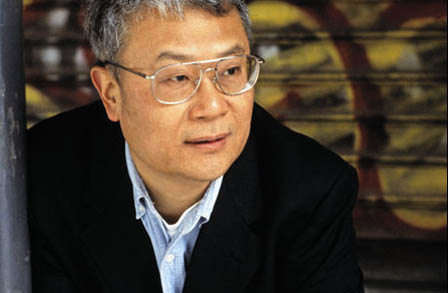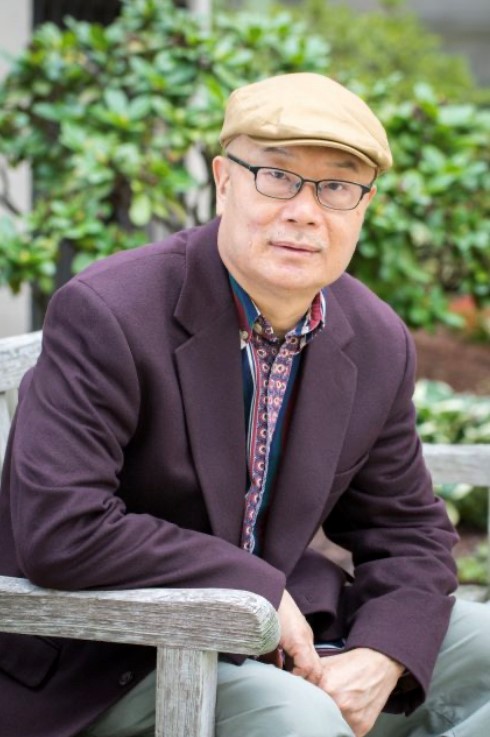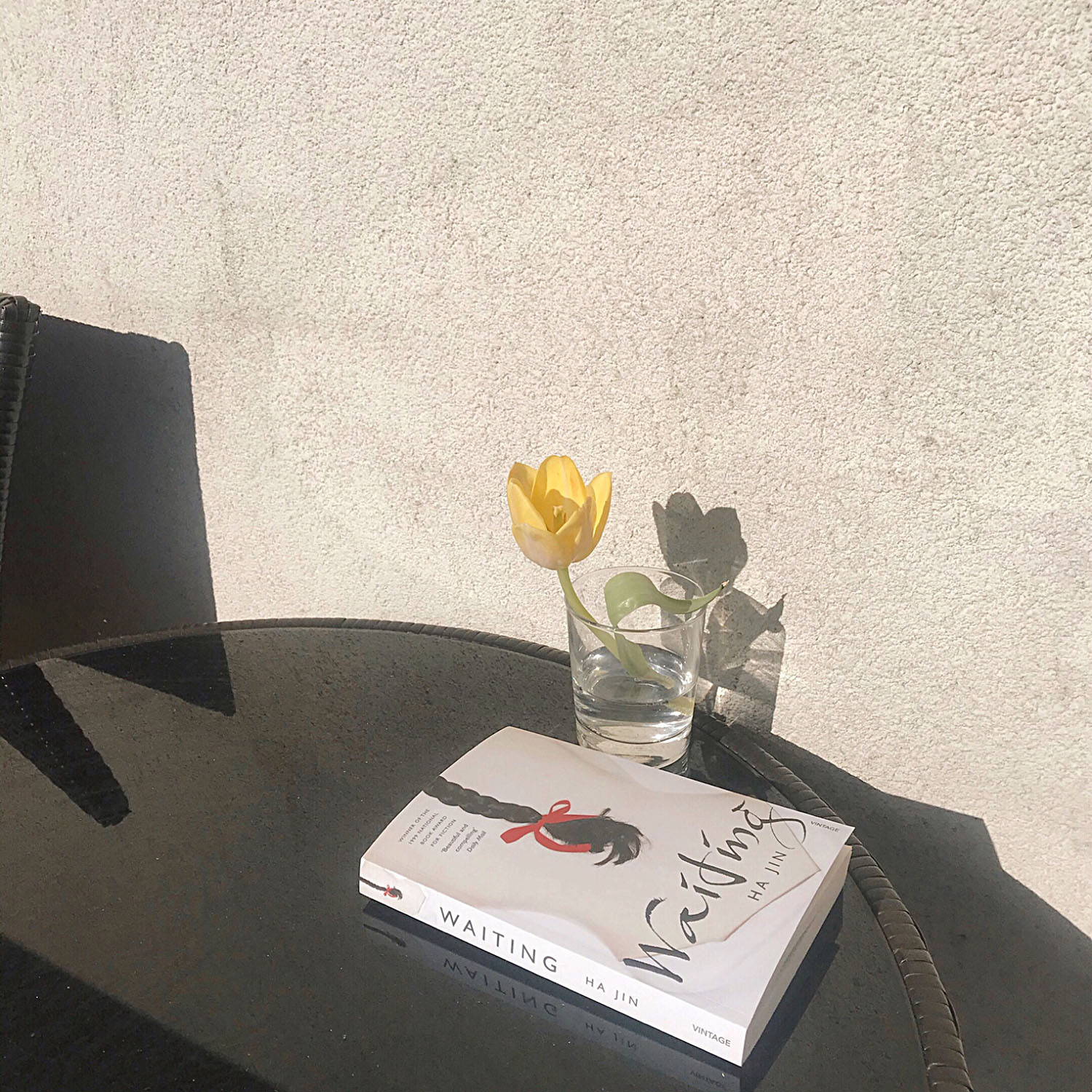Published July 27th, 2020
Interview
by Carolina Varga

Xuefei Jin, widely known by his pen name, Ha Jin, is a Chinese-American novelist, short story writer and poet.
Ha Jin was born in China in 1956 and was a teenager at the time the Cultural Revolution took hold. After the widespread closure of schools, Ha Jin joined the People's Liberation Army at the age of fourteen. He later earned a master's degree in Anglo-American literature at Shandong University in China and a doctorate in American literature at Brandeis University. He subsequently completed the creative writing program at Boston University, where he is now a professor.
Although his native language is Chinese, Ha Jin has written most of his work in English. His novel Waiting won the National Book Award in 1999, and the PEN/ Faulkner in 2000.
In this email interview, I asked Ha Jin about his writing practice, particularly in the context of writing in a non-native language, and about his book Waiting.
***
Why did you want to become a writer?
I wanted to do something that was more meaningful to myself, something the rich and powerful couldn’t do.
I read that you witnessed your father's library being burned and that you had limited access to literature, due to the Cultural Revolution in China. How do you think these early experiences impacted you and your relationship with literature?
Those memories made me more eager to read and cherish books all the more. For decades I often dreamed of having my own library.
What is your experience of writing in English as a non-native language? Do you feel that there are times when writing in Chinese would convey meaning more fully?
There are moments like that, but English is a very expressive language, too. I can play with it at times.

One of the central beliefs at Tint Journal is that writing in English as a non-native language can serve to modify the language, adding to its richness. In what ways do you see your Chinese heritage reflected in your writing?
I won’t hesitate to make my English slightly foreign. The foreign elements can enrich the language. In fact, I avoid the standard idiom.
What advice would you give to emerging writers who choose to write in English as a non-native language?
Don’t believe in the purity of English. The vitality of this tongue lies in its messiness. Try to bring something new to the language.
I understand that you wrote A Distant Center (a collection of poems) in Chinese and then translated them into English. Why did you decide to write these poems in Chinese? How did your experience differ from writing in English?
The poems were written in Chinese originally, but I rewrote them in English. They are not translations. At the time, my wife was very ill, so I began to work on some poems, which were different from a novel and I didn’t need to immerse myself in the writing day and night. Originally, I wrote them in Chinese mainly as notes and planned to rewrite them in English. Then I realized that Chinese was still my first language, so I went ahead and finished and published the poems in Chinese.
You have said that you conceive of your works in English, and that otherwise they would be very different. Why would they be so different if they were conceived of in Chinese?
When I write fiction, I have to think in English to get the rhythm and feeling of the narrative language. It would be hard to conceive the work in Chinese, especially if it’s a long piece of narrative.
What is one of your favourite words in Chinese (that perhaps does not have an exact English equivalent) and what is its meaning?
Chinese has a lot of words describing feelings and flavors, which don’t have English equivalents, like the miserable feeling wonang and the special taste ma.
Who are some of your favourite authors and why?
Since I have been writing novels in recent years, I worship Tolstoy for his poetic feeling and abundance. To me, he is the greatest novelist.
In your novel Waiting, scenes of nature and wildlife are weaved vividly into the story and the characters live closely with these elements. To what extent was evoking nature important to the story and why?
I sensed that a lot of things might disappear, so I wanted to preserve them on the page, also to give the characters a concrete fabric of their natural existence.

Lin and Manna's lives are governed and boxed in by numerous, seemingly arbitrary rules. In what ways do you consider that this affected their identities and their decisions?
Those arbitrary rules shaped their existence. In fact, numerous rules in China, though absurd in appearance, are intended to control people and redesign humanity so that they can serve the powers that be, body and soul.
A line in Waiting reads as follows: "By now, after so many years of restriction, they had grown accustomed to it." Do you think that humans can get used to a high level of restriction, especially when it encroaches on personal matters such as marriage and divorce?
Yes, that is why some regimes try to control people mentally and psychologically.
You have described Lin as being "emotionally crippled". On the other hand, Manna appears to be courageous and wilful. What caused them to be this way?
Lin is emotionally crippled because he never had a chance to develop his male instinct. Also because he was passive by nature. Indeed, Manna is more tenacious than Lin, but eventually she too was ruined by the environment.
Most of your novels are set in China. Is it important for you to portray life in China?
We should remember the past. I am writing against the collective amnesia.
Albert Camus wrote: "I love my country too much to be a nationalist [...] No, I didn't love my country, if pointing out what is unjust in what we love amounts to not loving." Do these words resonate with you, particularly in light of most of your books being banned in China?
They mean a lot to me. There are things and values greater than one’s country, such as truth, justice, and freedom.
Nationality: Hungarian
First Language(s): Hungarian
Second Language(s):
English,
French,
Russian
Supported by:

